Keywords: Seal Of Confession
-
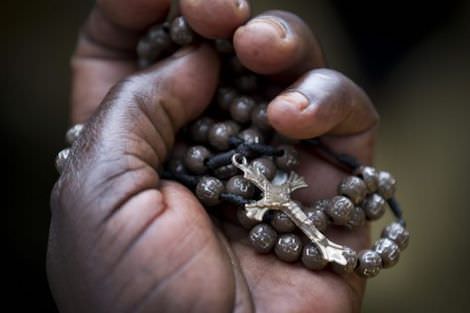
AUSTRALIA
- Frank Brennan
- 20 August 2017
23 Comments
The Royal Commission into Institutional Responses to Child Sexual Abuse has published a 2000-page three volume Criminal Justice Report. One of its recommendations is that the states and territories 'create a criminal offence of failure to report targeted at child sexual abuse in an institutional context'.
READ MORE 
-

RELIGION
- Frank Brennan
- 01 March 2017
11 Comments
Make no mistake, our church leaders are not yet out of the blaze of the headlights. They don't have all the answers, not even in relation to matters peculiarly within their jurisdiction. Despite being put on notice, our most senior bishops could not even agree on the limits of the seal of the confessional and on what a priest should do if abuse were reported in the confessional by a child. It's not just our past leaders who needed help. Our present leaders also do.
READ MORE
-

RELIGION
- Frank Brennan
- 17 February 2017
3 Comments
The commission's forensic scrutiny of past actions of church officials in no way constitutes an interference with the freedom of religion. Its spotlight is to be welcomed, provided only that it is shone on a truly representative sample of all institutions which have been found wanting and provided the same light filter is applied to all institutions. I do however have a problem with the commission making findings on issues like the want of compassion when those findings are made only against a Church.
READ MORE
-
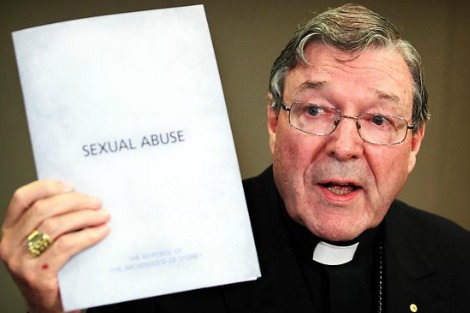
RELIGION
- Frank Brennan
- 13 February 2017
74 Comments
Last Monday, the Royal Commission commenced its three-week forensic examination of the causes of child sexual abuse and cover up in the Catholic Church in Australia over the last 60 years. The statistics were horrifying. Every case represented a person who claims as a child to have been abused by a person of authority in a Catholic institution. Whichever way the statistics are interpreted in comparison with other institutions, they are appalling. We need to hold the victims clearly in focus.
READ MORE 
-

RELIGION
- Frank Brennan
- 06 February 2017
17 Comments
Listening to the media and our church leaders in recent days, we know that there is plenty of darkness ahead for our Church in the weeks ahead with the Royal Commission's so-called 'Catholic wrap-up'. We're told that the statistics will be terrible and we expect that some of our church leaders will appear, looking stunned and helpless. This morning, I think we need to reflect on these stark realities in the light of the scriptures. And this can be done only by holding the victims clearly in focus.
READ MORE
-
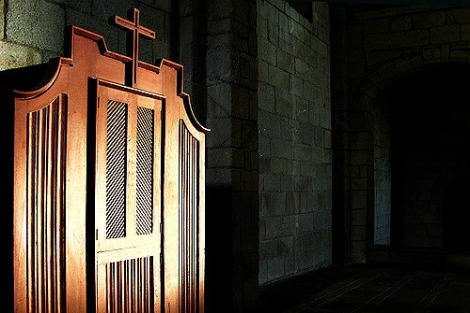
RELIGION
- Frank Brennan
- 05 December 2016
18 Comments
One distinctively Catholic practice is personal confession in which an individual confesses to God their sins and seeks forgiveness in the presence of and at the hands of a priest. Some groups and individuals are proposing to the royal commission that the seal of the confessional no longer be inviolable. I was quoted in The Australian saying, 'If a law is introduced to say that a priest should reveal a confession, I'm one of those priests who will disobey the law.' Being also a lawyer, let me explain.
READ MORE 
-
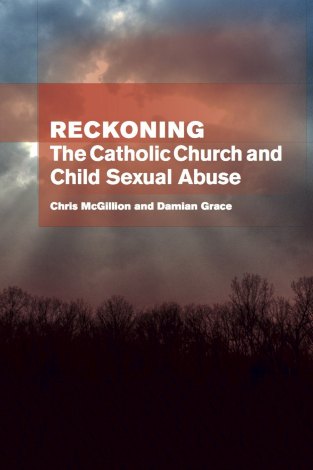
RELIGION
- Chris McGillion and Damian Grace
- 23 July 2014
20 Comments
It is widely assumed that rules are the solution to transgressions such as those being investigated by the Royal Commission into Institutional Responses to Child Sexual Abuse. Rules are useful. They can be framed to aid compliance and deter wrongdoing. It is no argument against them to say that people will still offend, but if rules are more legal requirements than the expression of genuine morality, they will have limited effectiveness.
READ MORE 
-

RELIGION
- Chris McGillion
- 29 November 2012
43 Comments
It is inconceivable that Catholic authorities would countenance the state interfering in the sacramental life of the Church. And any attempt to do so would quickly turn into an issue of freedom of religion. If the Royal Commission were to go down that path it could quickly find it had bitten off much more than it can chew.
READ MORE 
-

RELIGION
- Geoffrey Robinson
- 23 November 2012
34 Comments
In 52 years as a priest I have never had to face a conflict situation over the seal of the confessional and sexual abuse. I pray that I never face a situation where I was convinced an innocent minor would be abused unless I broke the seal. I would find it impossibly difficult to live with that abuse on my conscience.
READ MORE 
-

RELIGION
- Frank Brennan
- 24 July 2012
42 Comments
Most, if not all priests, would prefer to go to jail than disclose material from confession. The seal of the confessional is a red herring when it comes to protecting children. If confessional reporting were mandatory, chances are that the perpetrator would simply not come to confession.
READ MORE 
-
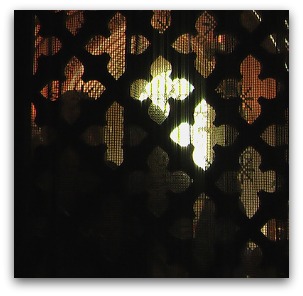
AUSTRALIA
- Michael Mullins
- 25 July 2011
29 Comments
Senator Nick Xenophon's call to protect children by ending the seal of confession was an affront to freedom of religion. But he speaks for many Australians, whose goodwill is necessary to preserve such religious practices.
READ MORE 